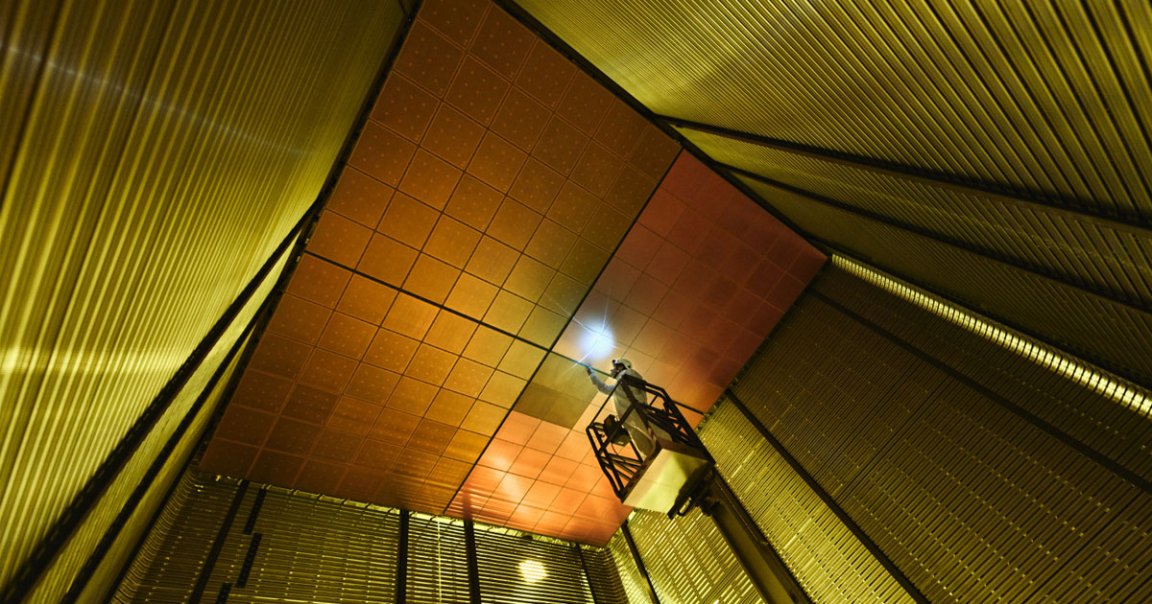
Panning For Neutrinos
When an ambitious new Fermilab experiment called DUNE (Deep Underground Neutrino Experiment) begins its work, physicists believe they’ll be able to learn a whole lot more about supernova explosions than ever before.
That’s because DUNE, an underground facility in Illinois, is expected to be sensitive to an extremely elusive particle called a neutrino that’s blasted far and wide across the cosmos when a star explodes. According to a new paper shared online on Saturday, physicists expect DUNE to scoop up a never-before-detected kind of neutrino and, in doing so, break down why and how stars die in unprecedented detail.
Frame By Frame
Scientists have only ever managed to observe neutrinos one time — back in 1987 — despite 99 percent of a supernova’s energy going into blasting them through space, according to a Fermilab press release. The new paper details how DUNE will try to single out the electron flavor of neutrinos, which have never been observed.
Once it starts collecting data, Fermi researchers expect DUNE to be able to ascertain the rate at which neutrinos leaving a supernova changes over time, giving a new level of insight into how these explosions play out.
Stay Hyped
Unfortunately, these potential discoveries that have physicists all excited are still years away. DUNE isn’t expected to go online until 2027, and the underground facility that will house the experiment is still under construction.
But once it’s running — and assuming it works — we may glean an incredible, brand-new understanding of how the universe works.
READ MORE: Searching for supernova neutrinos with Deep Underground Neutrino Experiment [Fermi National Accelerator Laboratory]
More on neutrinos: Scientists May Be Close To Understanding Why the Universe Exists